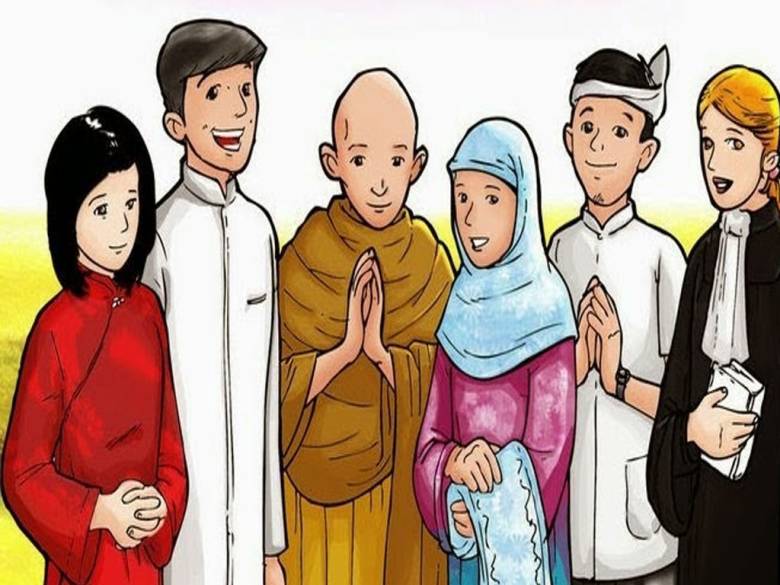Why Do So Many Young People Decide to Work Instead of Hoing to College after High School?
For most young people who have completed Senior High School, this is a very critical moment in their lives, where choices must be made either to proceed to university or work. It is true that an increasingly common trend now is for people to opt out and work instead of continuing higher education. This trend says a lot about the thinking and intent that lead to such a decision.
Besides myriad reasons, one of the major reasons young people choose to work instead of furthering their education after high school is due to economic reasons. With the ever-increasing cost in higher education, students and their families are under immense financial burdens. Many want to join the workforce immediately as a way of gaining an income to support them or their families. Financial pressures often make the path to higher education seem unattainable or impractical.
The second influential factor is independence. In this context, many youth consider employment as a path toward economic and personal freedom. Work gives them a chance to confront life realities, gain experience, and skills that might enhance one's self-confidence. From this perspective, the need to achieve financial and social independence often becomes a serious spur to join the labor market right after graduation.
Not every student takes a final decision regarding the branch for which they want to pursue higher education. Uncertainty about interests or future career goals can make them less interested in continuing education. They may desire to test the job market first and, after gaining experience and making things clear regarding interest and career direction, take up further education if required.
This decision could also be influenced by the social environment and pressures from peers, family, or the community. Working immediately after high school may be viewed as the expectation or a more valued option to furthering education within some communities. The influences of family members who may not see the immediate value of a college degree or friends who opted for the work route can affect these decisions.
Working after high school is usually regarded as a great way to get practical experience and skills relevant for the labor market. To many young people, this is an opportunity believed to let them be directly involved in a particular industry and to strive for a career with some valuable experience. They might think that such experience will be more rewarding in the long run than any academic education, which may be far from their present job situation.
As more and more people become aware of the paths to alternative education, such as vocational training or short courses offering practical job-related skills, these alternatives are increasingly becoming attractive. Such courses are generally cheaper and can guide youngsters to lucrative job opportunities without keeping them hostage for four or five years in the name of higher education.
Whether the young person decides to work rather than study after finishing high school may depend on economic reasons, needs related to independence, uncertainties associated with further studies, social influences, and estimation of the practical experience value. If these elements can be understood, then supporting young people in decision-making that meets their needs and aspirations, and designing policies and programs helping them realize their full potential both in work and further and higher education, would be easier.



